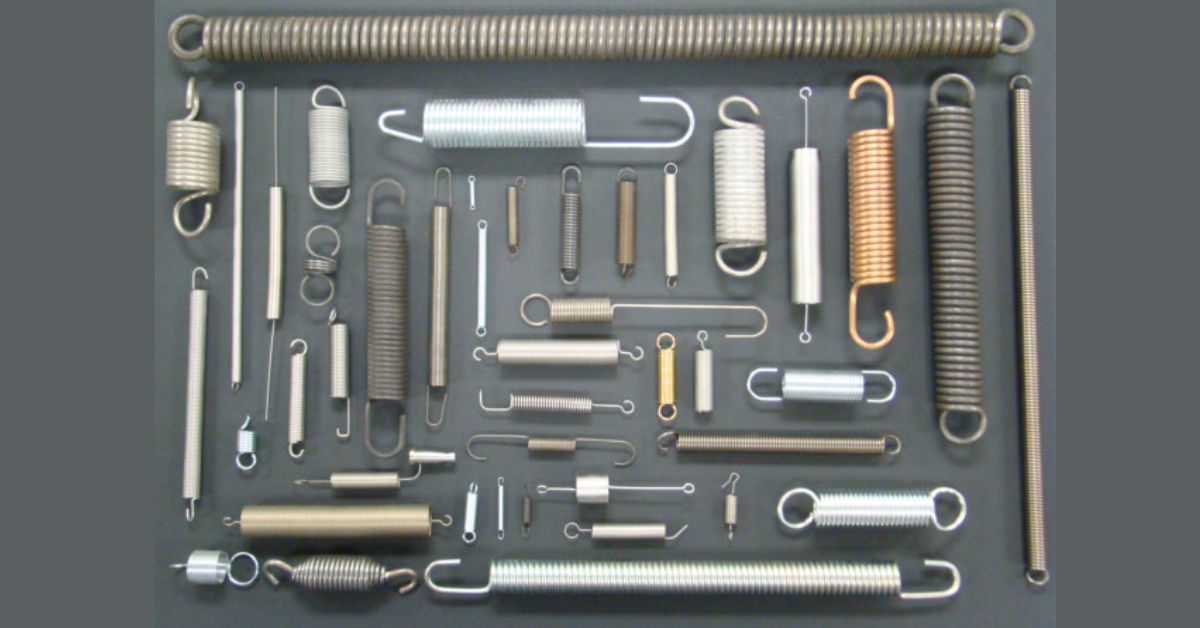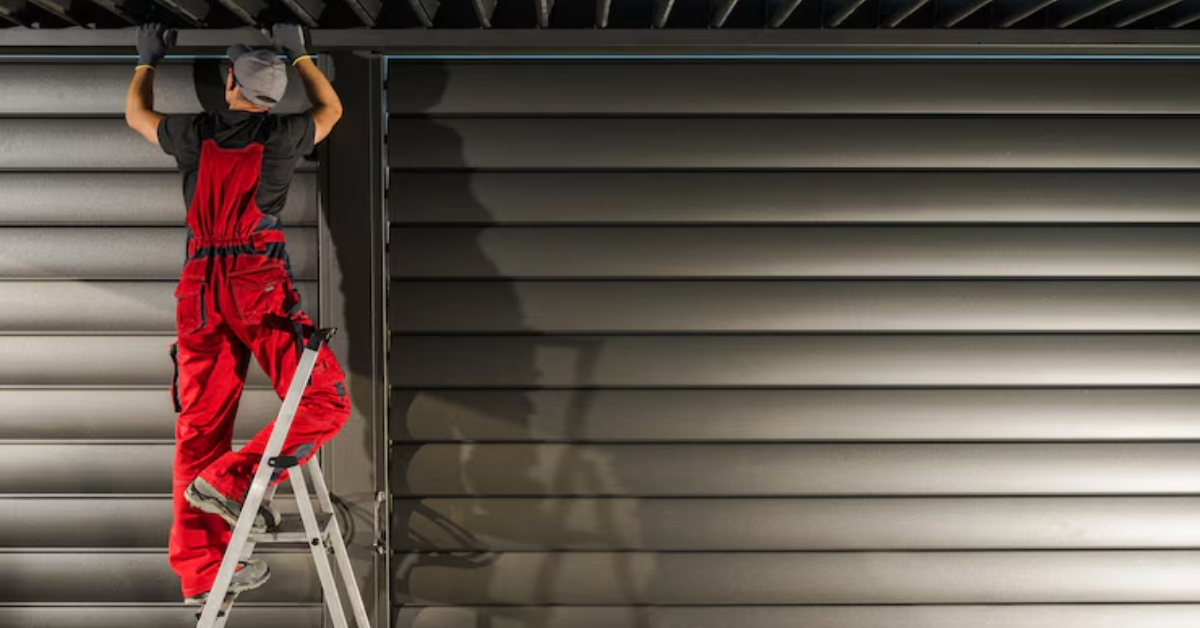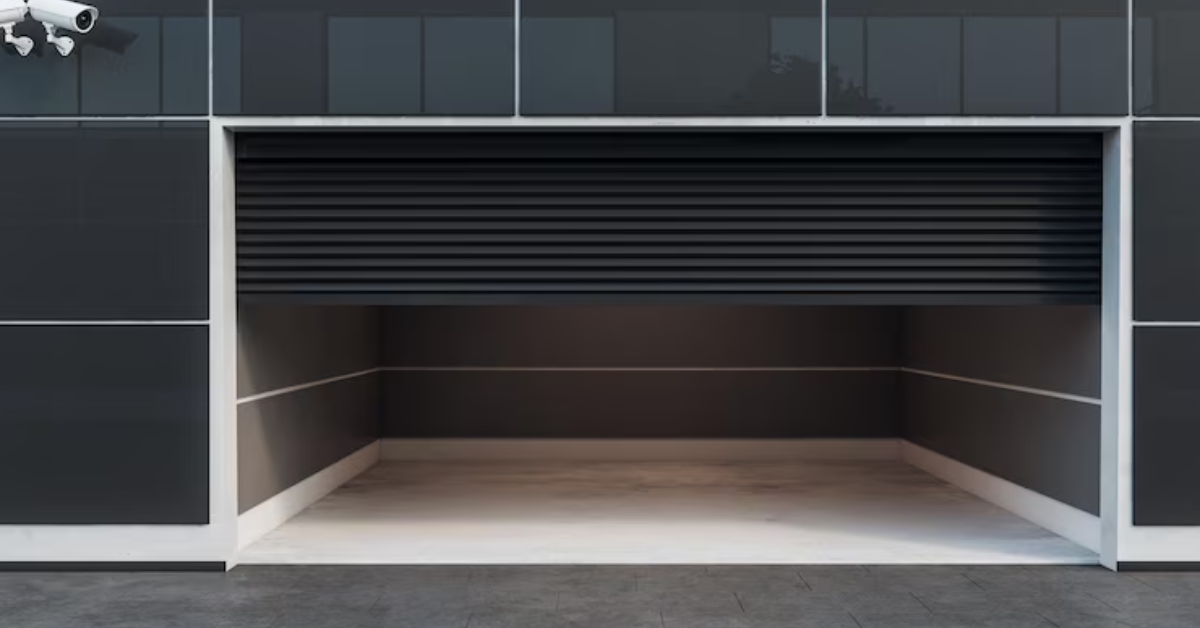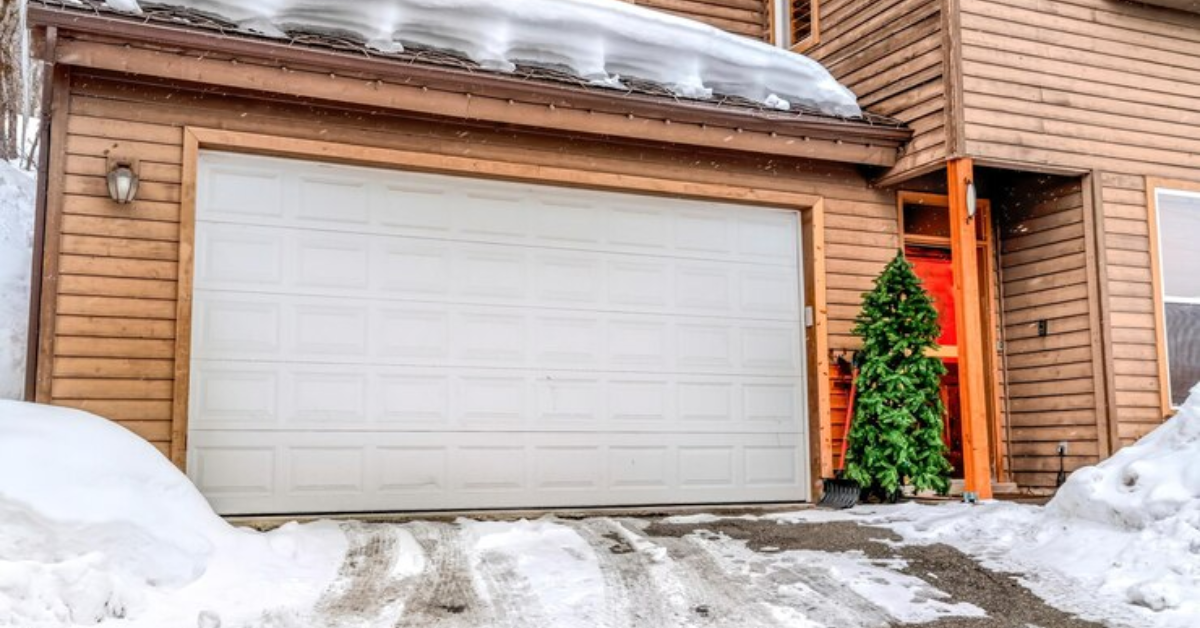Maintenance and Safety Tips for Garage Door Extension Springs
Garage door extension springs serve as integral components in the seamless functionality of our everyday access. These resilient springs, often mounted on either side of the garage door, play a crucial role in assisting the door's movement, providing the necessary force to support its weight and facilitate smooth opening and closing. However, their constant use and exposure to various elements make regular maintenance and adherence to safety protocols imperative for optimal performance and longevity.
Amidst the convenience they offer, ensuring the proper care and safety of
extension springs becomes paramount. In this comprehensive guide, we'll see the world of garage door extension springs, uncovering maintenance rituals, safety precautions, and best practices essential for preserving their functionality and safeguarding against potential hazards.
What Are Extension Springs?
Extension springs are a type of spring commonly used in garage door systems to facilitate movement. They are elongated coiled springs, usually installed on either side of the door, parallel to the horizontal tracks. Their design allows them to extend and contract, providing the force necessary to assist in lifting and lowering the garage door.
These springs store potential energy when stretched and release it when contracted, allowing for the controlled movement of the garage door. They are typically made of durable materials like hardened steel to withstand the tension and stress of daily operations.
Functionality of Extension Springs in Garage Doors
The functionality of extension springs lies in their
ability to counterbalance the weight of the garage door. As the door closes, the springs stretch, storing potential energy. This stored energy assists in lifting the door when it is opened, acting as a counterforce against gravity. When the door is activated to open, the extension springs contract, releasing the stored energy and aiding in the upward movement of the door. As the door closes again, the springs extend once more, repeating the cycle to ensure a smooth and controlled operation of the garage door.
Extension springs play a pivotal role in supporting the door's weight, allowing for effortless opening and closing. Their mechanism ensures that the force required to move the door is distributed evenly, contributing to the overall functionality and balance of the garage door system.
Importance of Maintenance for Extension Springs
Regular maintenance significantly extends the lifespan of extension springs. It helps identify and address issues early, preventing major damage that could lead to premature failure. Well-maintained extension springs ensure
the smooth and efficient operation of the garage door.
Regular checks and adjustments maintain the springs' tension and functionality, reducing the risk of malfunctions. Routine maintenance enhances safety by minimizing the chances of sudden spring failures. Addressing wear and tear promptly reduces the risk of accidents or injuries caused by spring breakage.
Continuous use causes extension springs to wear out over time. Regular inspection helps detect signs of wear such as rust, cracks, or deformation, indicating the need for replacement. Insufficient lubrication can lead to friction and wear between the coils, affecting the smooth movement of the springs. Regular lubrication prevents this issue, ensuring optimal performance. Extension springs must maintain proper tension for balanced door movement. Any loss of tension or imbalance affects the door's operation and can lead to strain on other components.
Regular maintenance acts as a preventive measure against these
common issues, ensuring the longevity, functionality, and safety of extension springs in garage door systems.
Safety Precautions and Best Practices
High Tension:
Extension springs are under significant tension when installed. Mishandling or attempting repairs without proper knowledge can lead to injuries due to sudden release of tension.
Potential Breakage: Extension springs can wear out over time, increasing the risk of breakage. A broken spring can snap violently, causing damage to property and posing a serious safety hazard.
Pinching and Crushing Hazards:
During maintenance or adjustment, fingers or hands can get caught between coils or other moving parts, leading to pinching or crushing injuries.
Safety Measures During Maintenance
- Wear safety goggles, gloves, and appropriate clothing to protect against debris, spring breakage, or accidental contact with moving parts.
- When adjusting or repairing extension springs, follow manufacturer guidelines to release tension gradually and safely to minimize the risk of sudden release.
- Before conducting maintenance, secure the garage door in the open position using clamps or locking mechanisms to prevent accidental closing.
Best Practices for Safe Handling
Avoid DIY Repairs: Extension spring repairs or adjustments should be handled by trained professionals.
Avoid attempting repairs unless you have proper knowledge and experience.
Regular Inspections:
Schedule routine
inspections by professionals to identify wear, damage, or signs of potential failure in extension springs before they become hazardous.
Follow Manufacturer Guidelines:
Adhere strictly to the manufacturer's recommendations for maintenance, lubrication, and adjustment of extension springs to ensure safe handling.
Maintenance Tips for Extension Springs
Regular maintenance for extension springs is crucial to ensure the smooth and safe operation of garage doors. Conducting routine inspections is a fundamental part of this maintenance regimen. Visual inspections should be performed regularly to check for any
signs of wear, damage, or deformation in the extension springs. It's essential to examine the coils for gaps, rust, cracks, or any other abnormalities that might compromise their integrity. Also, inspecting
the cables and pulleys connected to the extension springs is important, as any fraying or misalignment could affect the overall functionality of the springs.
Lubrication plays a significant role in maintaining extension springs. Using a high-quality silicone-based lubricant designed for garage door springs helps reduce friction and ensures smooth movement. Regular application of lubricant to the coils, hinges, and other moving parts every few months or as recommended by the manufacturer helps prevent premature wear and tear due to friction.
Adjusting the tension of extension springs is a delicate task that requires expertise and specialized tools. It's advisable to seek professional assistance for any tension adjustments. Signs such as difficulty in opening or closing the garage door smoothly or noticeable imbalances despite adjustments could indicate the need for professional assessment and tension adjustment.
Recognizing signs that indicate the need for spring replacement is essential for maintaining
garage door safety. Visible wear, including rust, cracks, gaps between coils, or deformations, warrants consideration for spring replacement. Reduced performance, such as unusual sounds or difficulty in the door's movement, may also signify the need for spring replacement to prevent sudden failure or accidents.
DIY vs. Professional Maintenance
Homeowners can perform regular visual inspections of extension springs, cables, and pulleys. Look for visible signs of wear, rust, cracks, or gaps between coils. Regular observations help in identifying potential issues early. Applying lubricant to extension springs, hinges, and other moving parts is a DIY task. Use a high-quality silicone-based lubricant recommended for garage door springs. Regular lubrication reduces friction and extends the lifespan of the components. Keeping the garage door and its components clean from dust, debris, and moisture can contribute to their longevity. Wiping down the springs and ensuring they're free from debris can help prevent premature wear.
The Right Time to Seek Professional Help
Complex Repairs or Adjustments: Any intricate repairs or adjustments, especially those involving tension adjustments on extension springs, should be left to professionals. DIY attempts in such cases can be dangerous and may lead to accidents or further damage.
Signs of Significant Wear: If visual inspections reveal significant wear, rust, cracks, or gaps in the extension springs, it's crucial to seek professional assistance for a thorough assessment. Prompt replacement may be necessary to avoid potential hazards.
Unusual Noises or Operation Issues: If the
garage door exhibits unusual noises, struggles to open or close smoothly despite basic maintenance, or seems imbalanced, it's advisable to consult professionals. These issues might indicate underlying problems that require expert evaluation and repair.
Safety Concerns:
Any concerns related to the safety of DIY maintenance tasks or doubts about the condition of the garage door components should prompt homeowners to seek professional help. Safety should always be the top priority.
While some maintenance tasks like visual inspections and lubrication can be handled by homeowners, it's essential to recognize the limitations. Tasks involving tension adjustments, complex repairs, significant wear, operational issues, or safety concerns should prompt homeowners to seek the expertise of trained professionals to ensure the safety and optimal functionality of garage door systems.
Conclusion
In the world of garage door maintenance, the care and attention given to extension springs stand as pillars of safety and longevity. Through regular inspections, meticulous lubrication, and cautious handling, homeowners can ensure the seamless operation of their garage doors. However, recognizing the boundaries of DIY maintenance and knowing when to seek professional expertise is equally crucial. Professional assistance for intricate adjustments, significant wear, or safety concerns guarantees not just efficient functionality but also safeguards against potential hazards. By intertwining proactive DIY care with timely professional intervention, individuals can foster a safe and reliable garage door system, ultimately contributing to the security and convenience of their homes.




